You have one child with communication/language difficulties and another child (or children) who won’t stop talking. One of your children is receiving speech-language therapy, and you want to do everything you can to support them - but spending 1 on 1 time with them can be hard when you have other children who are also vying for your attention. So how can you include the whole family in speech therapy activities?
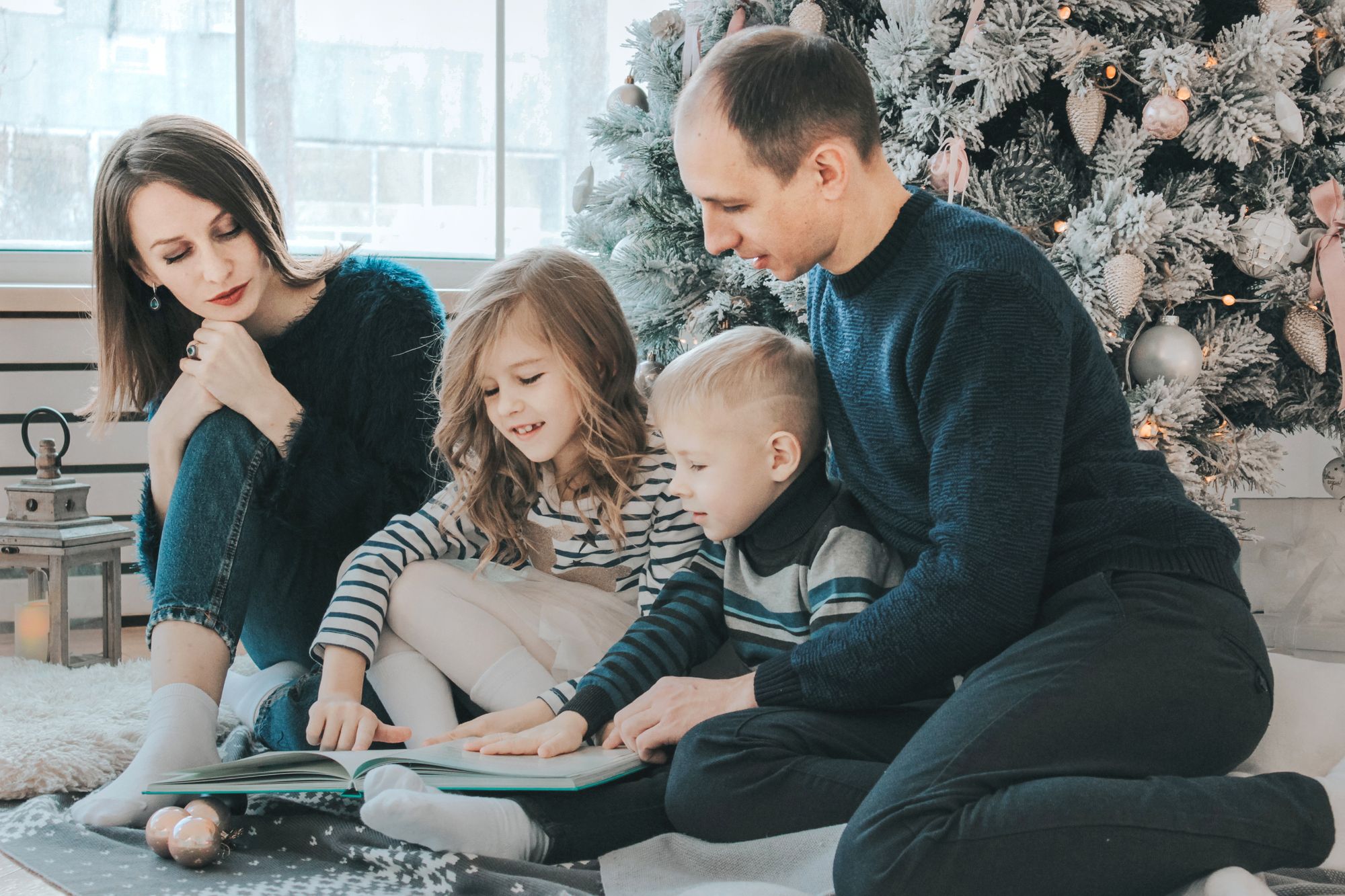
Fear not - there are many ways to include everyone! Depending on the ages/abilities of your children, they may not even realize that they are working on “speech therapy” activities. As someone who had a sister receive various interventions throughout our childhood, and parents who were trying to support her outside of therapy sessions, it was not until I was older that I realized what was happening. I participated in my sister’s therapy sessions and loved the “fun activities” we got to do. While she worked on reading and writing worksheets, my mom would give me my own to complete.
Why Include Siblings in Speech Therapy Activities?
Most children love spending time with their siblings. Younger children often want to be just like their older siblings and older siblings often want to teach their younger siblings new things. Take advantage of these desires to build speech and language skills!
Siblings can be great speech and language models.
For example, if a younger sibling is working on articulation and will not practice target sounds/words that you (the adult) say, see if they will repeat after their older sibling!
Encourage the older sibling to read a story to their younger sibling and ask them questions about it!
If it is the older child who is in speech therapy, encourage them to "teach" their younger sibling. For example, if they are working on building vocabulary, encourage them to point out or label different things around the house in order to spread their knowledge to their younger sibling.
While spending time with the whole family, you can work on various language/communication skills including, but not limited to:
Social Skills with the Whole Family
Joint attention: everyone is paying attention to the same activity
Turn-taking: each individual has an opportunity to participate in the said activity
Language Skills with the Siblings
Receptive language: language you understand. Think: reading a book, playing Simon Says
Expressive language: language you communicate. Think: playing house, playing ISpy
Speech Skills with Everyone
Articulation: working on target sounds (e.g., /s/ or “sit”)
Voice: using an “indoor” voice or “outdoor” voice
Including Siblings & Family Members: More Tips
One of your children may be speaking in full sentences and every word can be understood. Another child may not be speaking, and another may be speaking with just single words.
You can still engage them in the same activity by modifying your interactions to be the most effective for each child. For example, while reading a book, you could ask one child, “What do you think will happen next?” (making predictions/inferencing). Then, ask another child to point at an image on the page, or point to it yourself and say, “What’s this?” (labeling).
Some children may be able to sit and read books for 30 minutes, other children for only 3 minutes. That is okay. You do not need to have a scoresheet - meaning each child does not need to participate equally in each activity. Obviously, you would like for them all to be involved, but any language-building is better than none!
Speech and Language Activities and Resources
Check out some of our favorite books, toys, and games that we use in sessions regularly AND encourage them to be used at home! They are perfect for getting the whole family involved.
- Best Books for Speech and Language
- Top Board Games for Speech and Language
- Favorite Toys for Speech and Language
- Wordless Videos
We also have many themed resources and articles!
These have more book selections as well as songs and activities.
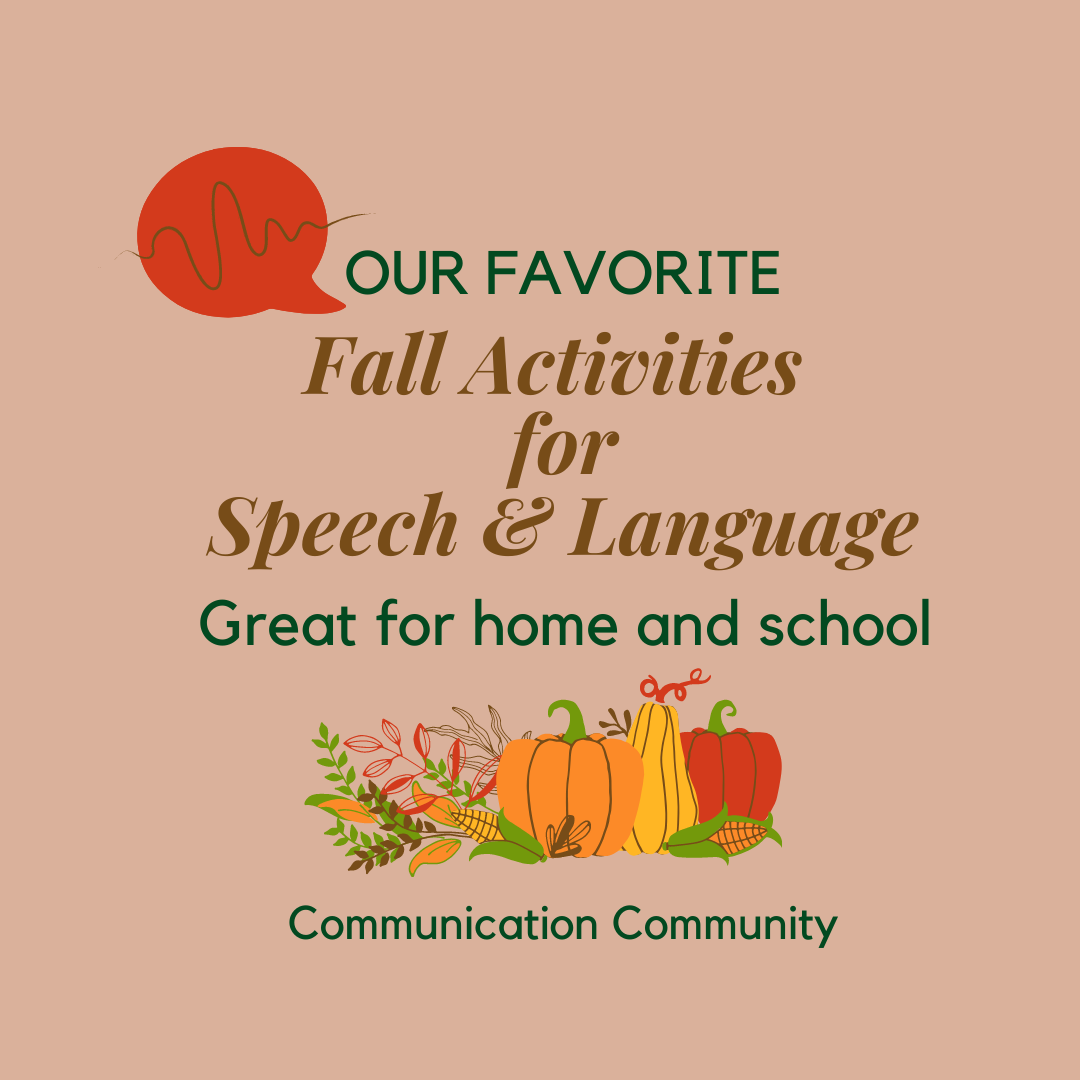
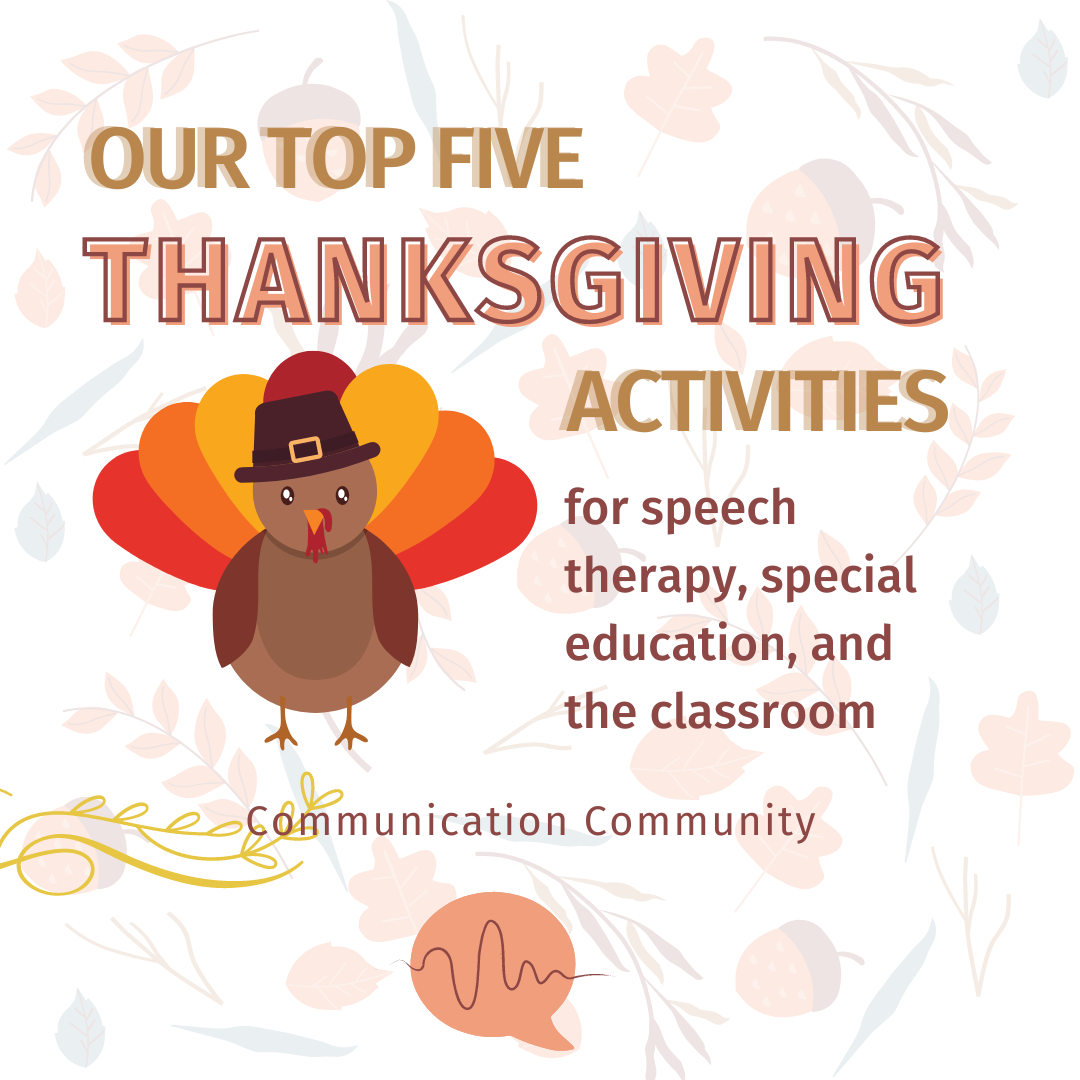
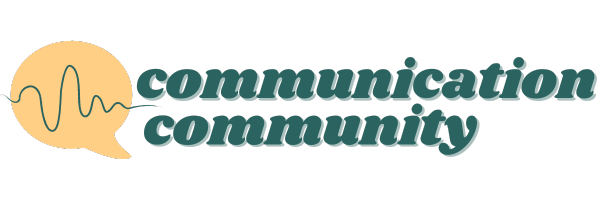
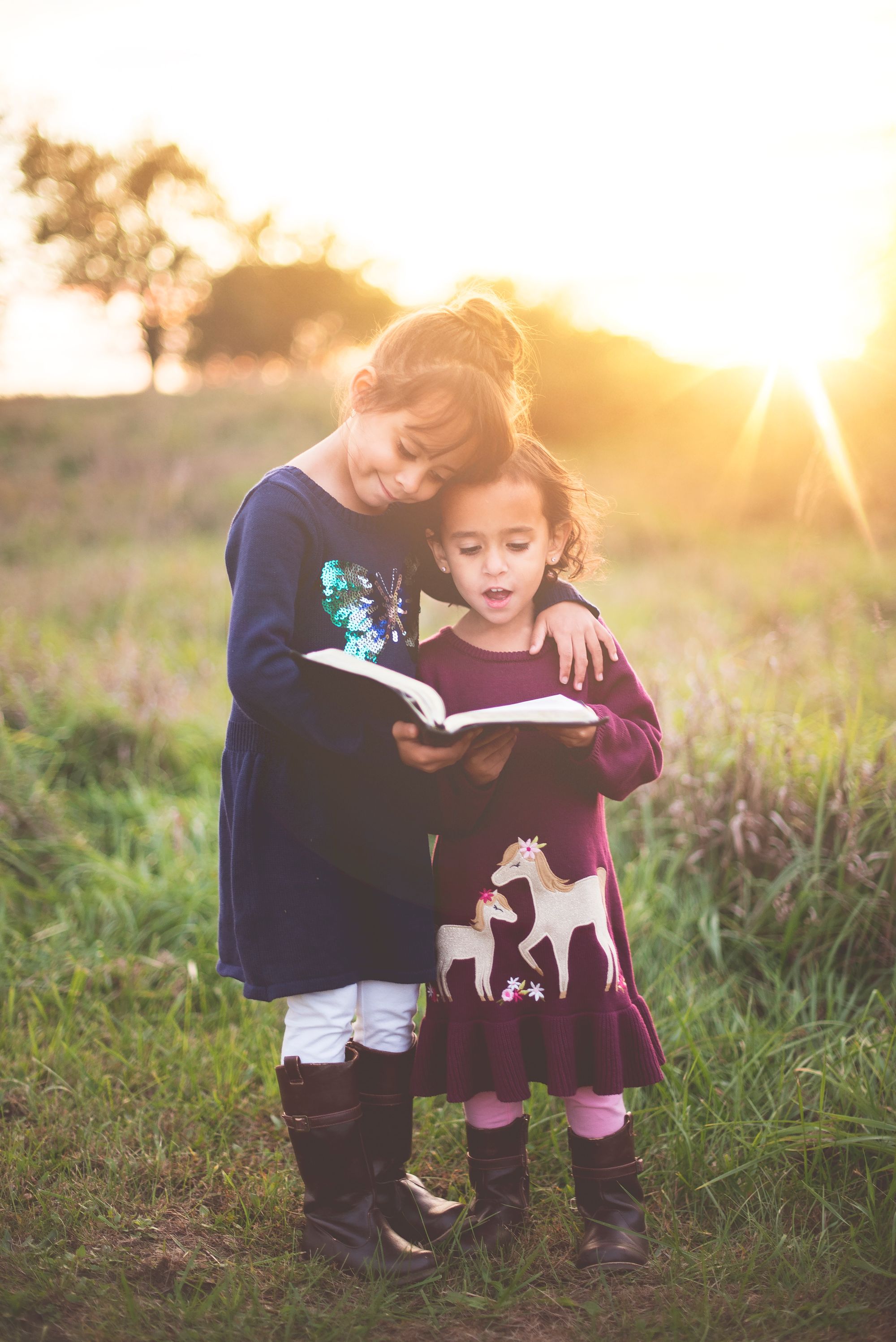
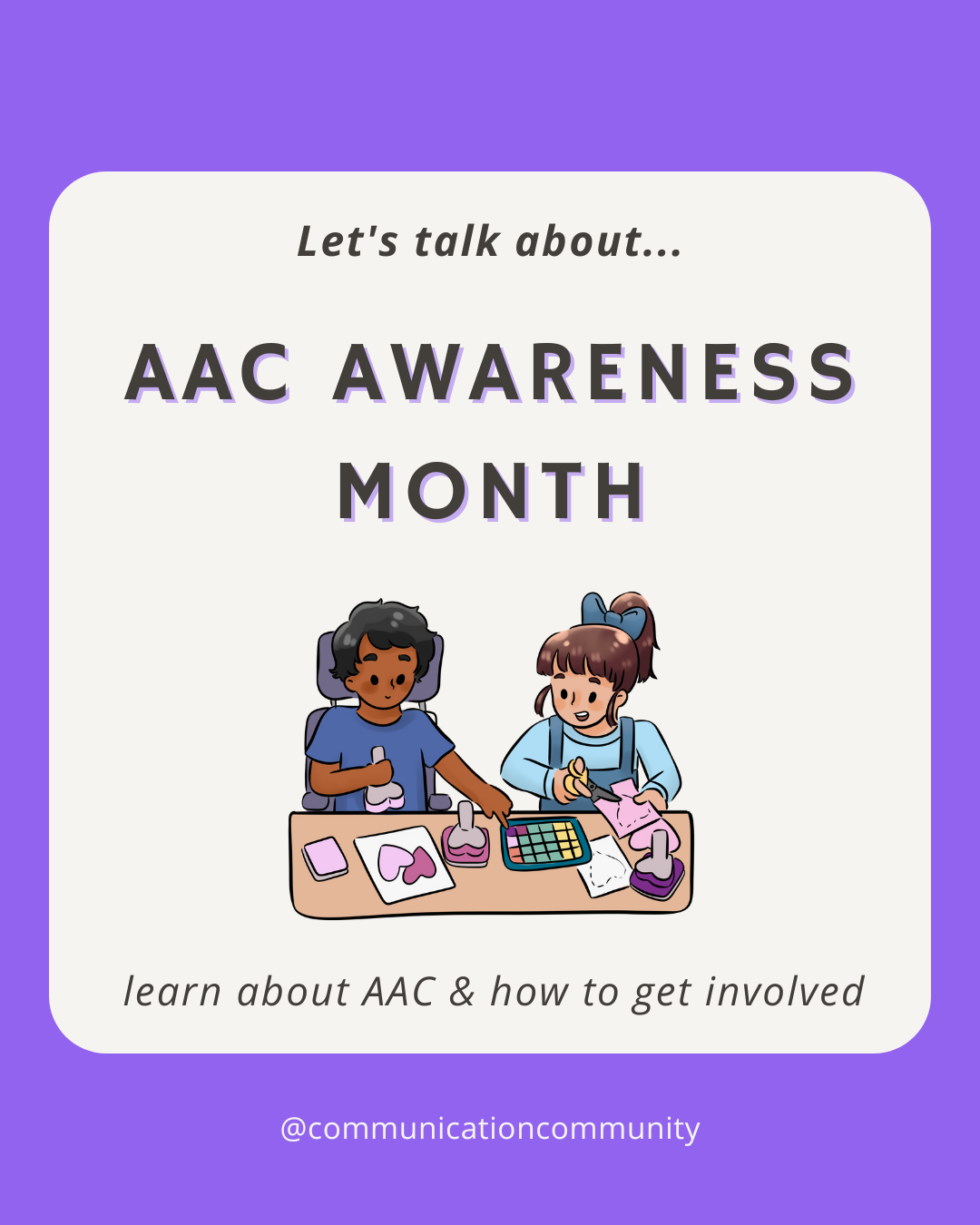
![How to Write Executive Functions Goals [with goal bank]](https://www.communicationcommunity.com/content/images/2024/10/How-to-Write-Executive-Functions-Goals.png)

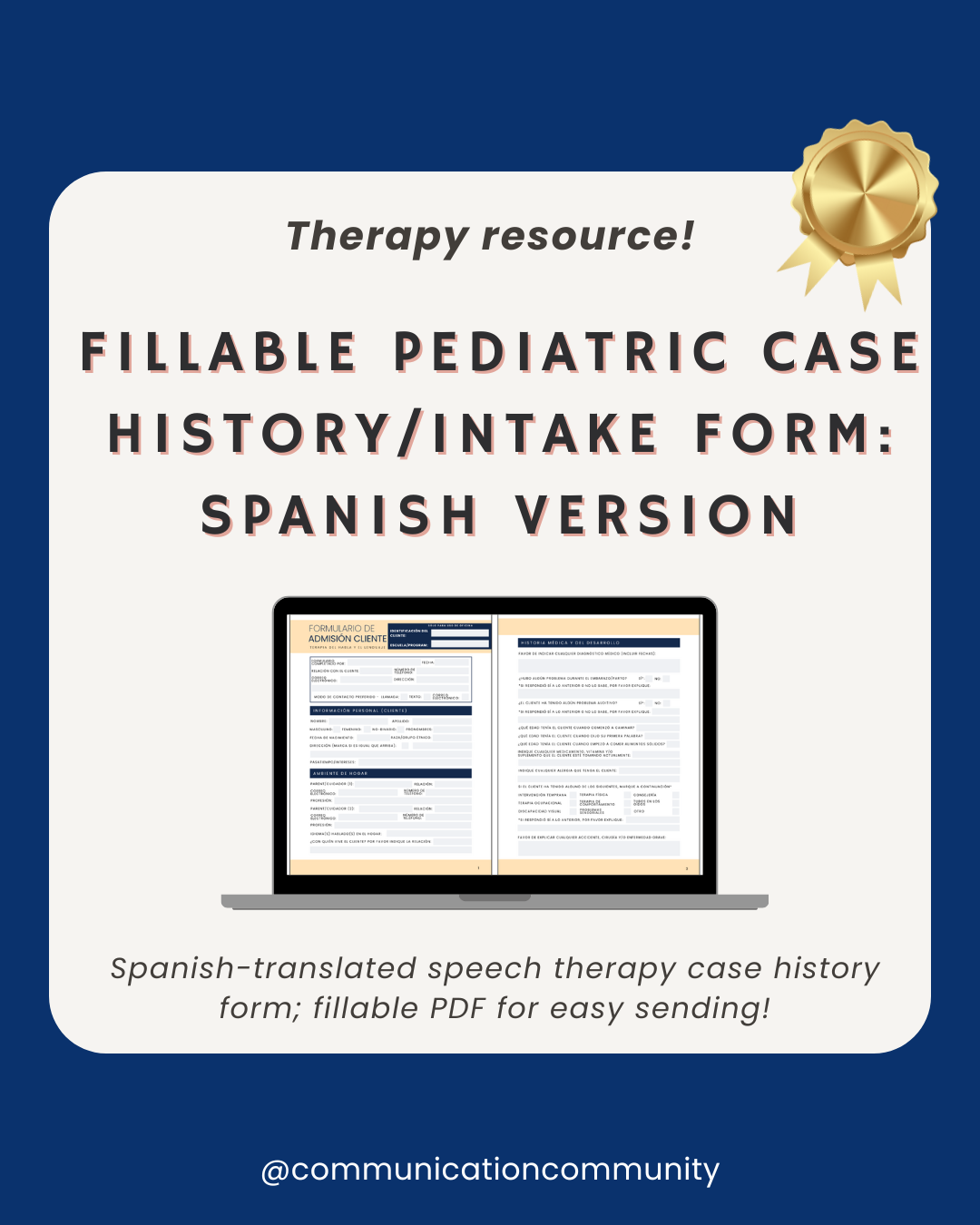
![How to Write Play Skills Goals [with goal bank]](https://www.communicationcommunity.com/content/images/2024/07/Play-Skills-Goals--updated---1-.png)
